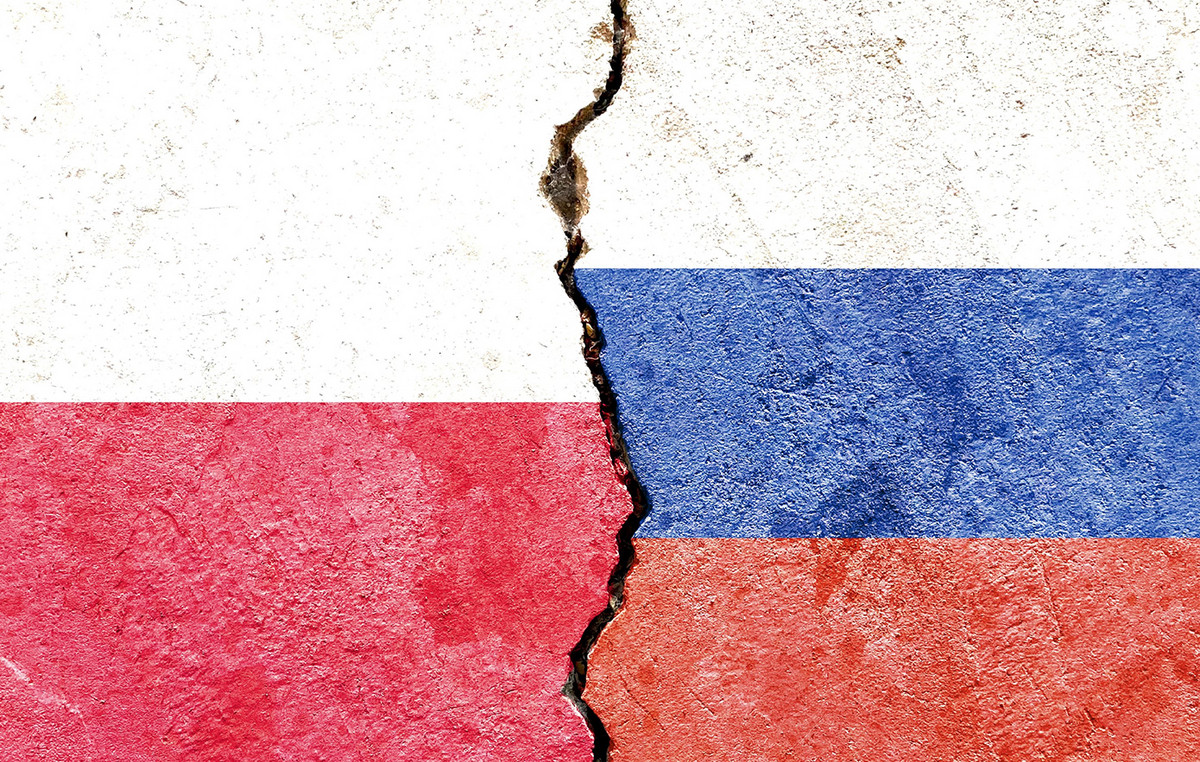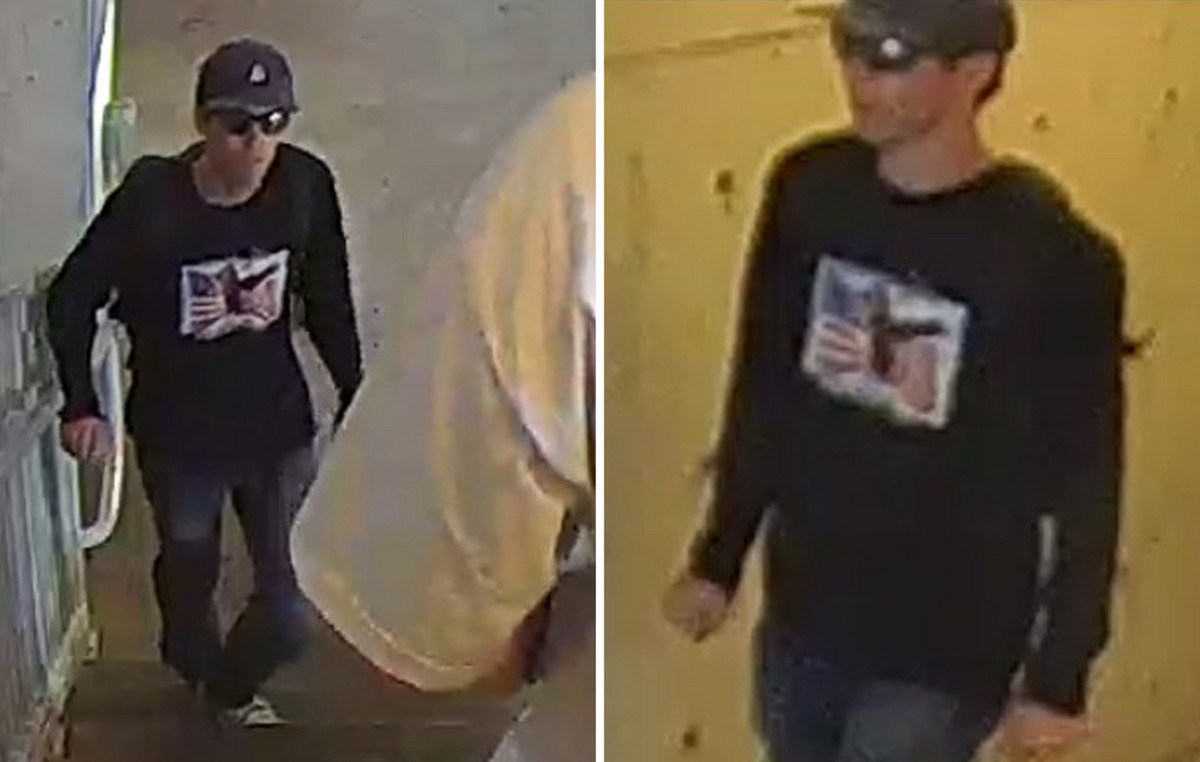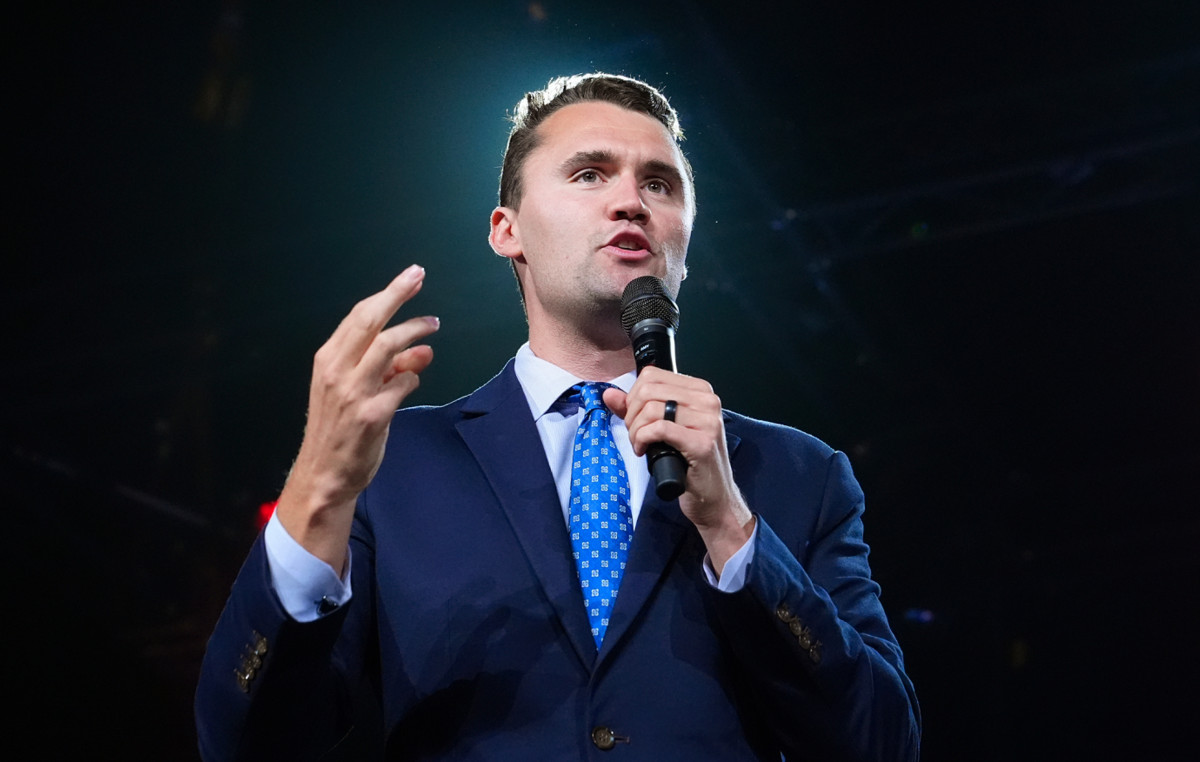The attacks in recent days against the Iran-backed Hezbollah group in Lebanon, in which dozens of people were killed by exploding devices, are the latest in a series of covert operations that the Israeli government refuses to acknowledge but which are believed to have been orchestrated by Israeli agents.
THE CNN learned that Tuesday’s explosions were the result of a joint operation between the Mossad and the Israeli military. Although the military said it would not comment on the blasts, both Lebanon and Hezbollah blamed Israel for the attack. Iran also blamed what it called “Israeli terrorism.”
The Mossad, Israel’s foreign intelligence service, maintains its usual silence but has a history of operations in the Middle East, South America and Europe.
Created in the early years of the State of Israel as the Institute of Intelligence and Special Operations, the Mossad has operated since 1949 in parallel with the military intelligence service (Aman) and internal security (Shin Bet).
“We act whenever and wherever necessary with courage, wisdom and determination. We act with ingenuity and creativity, in accordance with Mossad’s values of integrity, secrecy and a sense of national vocation,” said David Barnea, who has headed the agency since 2021, in an open statement.
The most famous operations
One of the agency’s most successful operations was the capture of Adolf Eichmann, an architect of the Holocaust. Eichmann was captured in Argentina in 1960 and taken to Israel, where he was tried and executed in 1962.
It remains the only time Israel has carried out the death penalty. Rafi Eitan, the head of that Mossad mission who died in 2019, told CNN : “We could have easily killed him, but we wanted to bring him to trial.”
Israel’s alleged history of placing explosives in telecommunications devices dates back to 1972.
At that year’s Olympic Games in Munich, Germany, Palestinian terrorists killed two Israeli athletes and took nine others hostage, demanding the release of 200 Palestinian prisoners. Israel refused, and the athletes were killed in a failed rescue attempt by the German army at the airport.
The incident became known as the Munich massacre. Golda Meir, then Prime Minister of Israel, said: “Obviously, it was very well organized by the terrorists and our men paid for it.”
Meir is believed to have ordered the Mossad to track down the killers. A year later, three Palestinians were killed in Beirut, including Mohammad Yusuf al-Najjar, the leader of Black September, the militant group that carried out the attack. In the years that followed, other Palestinians believed to be involved were also killed.
Unidentified operatives, believed to be linked to Israeli intelligence, allegedly planted a bomb on the phone of Mahmoud Hamshari, the Palestine Liberation Organization (PLO) representative in Paris, after breaking into his home. Later, another person posing as an Italian journalist arranged a telephone interview with Hamshari. When he answered the call and identified himself, the bomb was triggered remotely.
But in Lillehammer, Norway, Mossad agents killed the wrong man, a Moroccan who had nothing to do with the Munich attack. Five agents were captured and imprisoned, but later released in Israel.
Ronald Bergman, Mossad expert and author of “The Secret War with Iran,” said to CNN : “Over the years, the Mossad has gained a reputation as an efficient and ruthless intelligence agency with, among other things, a license to kill.”
Failed attempt to kill Hamas leader
In 1997, in Jordan, an attempt to poison Hamas leader Khaled Meshaal failed spectacularly. The Mossad agents were captured, and the late King Hussein of Jordan forced Prime Minister Benjamin Netanyahu – who is still in office today – to send the antidote to save Meshaal and free Hamas spiritual leader Sheikh Yassin.
Yassin was killed in 2004 when his car was hit by missiles fired from an Israeli military helicopter. Danny Yatom was the head of Mossad at the time and ordered the attack on Mashaal. He said to CNN who did not regret the assassination attempt, only the fact that it had failed: “I believe that no terrorist can enjoy immunity and they should know that the free world will come after them if they continue to carry out terrorist attacks.”
Yatom agrees with Mossad’s policy of not commenting on operations. “Everything should be hidden because it is an illegal operation in any other territory,” he said.
Tuesday’s attacks reminded many of the 1996 assassination of Yahya Ayyash, Hamas’s top bomb maker known as “the Engineer” who killed dozens of Israelis.
Ayyash was killed in Gaza after his cellphone, packed with 50 grams of explosives, exploded near his head. Following his assassination, dozens of Israelis were killed in four retaliatory suicide bombings.
Attacks on Iran’s nuclear program
Since 2010, five Iranian nuclear scientists have been killed in foreign-related assassinations as Israel tries to stop its biggest adversary from developing nuclear weapons.
In August 2015, at the height of the killings, then-Israeli Defense Minister Moshe Ya’alon cryptically told the German magazine Der Spiegel that he could not be responsible “for the life expectancy of Iranian scientists.”
Experts believe Israel and the United States were responsible for deploying the complex computer virus called Stuxnet, which destroyed centrifuges at an Iranian nuclear facility in 2010.
Iranian officials have said they believe the cyberattack, which targeted centrifuges including those at the Natanz and Bushehr nuclear plants, originated in Israel and the United States, but neither country has commented on the origin of the malware.
Notably, Stuxnet was one of the first times a cyberattack manifested itself outside of cyberspace, causing centrifuges to spin out of control without being noticed.
Mohsen Fakhrizadeh, who was Iran’s top nuclear scientist, was killed east of Tehran in 2020 by a remotely controlled machine gun operating in a nearby car. Iranian officials said the weapon used artificial intelligence and facial recognition to detect Fakhrizadeh and open fire, before the car, believed to be packed with explosives, self-destructed.
Top Iranian officials have blamed Israel for the killing. Israel has not commented.
This content was originally published in What is Mossad, the Israeli agency allegedly behind explosions in Lebanon on the CNN Brasil website.
Source: CNN Brasil
Bruce Belcher is a seasoned author with over 5 years of experience in world news. He writes for online news websites and provides in-depth analysis on the world stock market. Bruce is known for his insightful perspectives and commitment to keeping the public informed.







